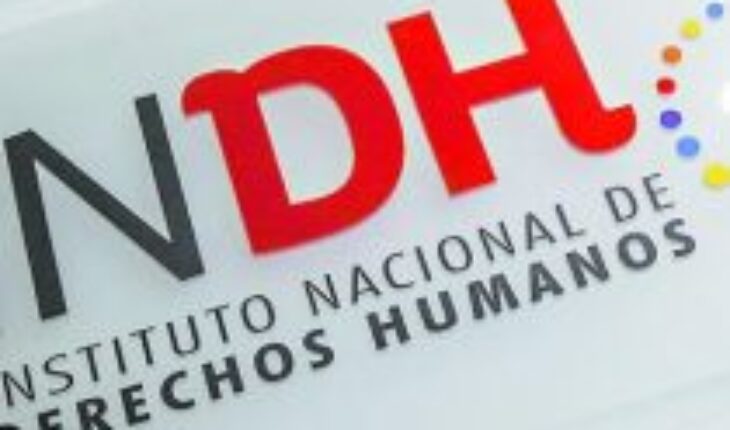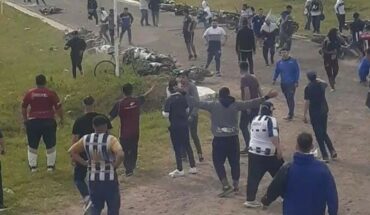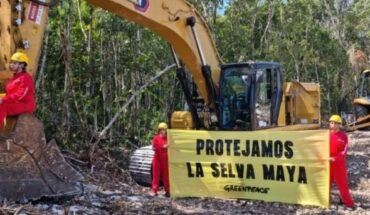More than six months ago Víctor Chanfreau and the Coordinating Assembly of Secondary Students (ACES), together with other organizations, took over the headquarters of the National Institute of Human Rights (INDH). The pretext of the occupiers to carry out the illicit was what they considered a complicity of the director of the institution, Sergio Micco, in the cases of human rights violations since the social outbreak. Since July, the institute has received a petition from protesters in recent days, the institute has refrained from calling for eviction.
The takeover – its prolongation, to be more precise – does not say so much about Chanfreau, nor about aces, nor about the organizations that joined the occupation. It says a lot, on the other hand, about the authorities of the entity and the Chilean institutions.
The discomfort to address certain topics often results in the omission of them. The director of the INDH, his advisers, and a considerable part of the political authorities, are concerned about the possibility of a forced eviction from the institution’s headquarters. That anxiety emerges because, on the one hand, they have no clarity about which choice is the right one in these circumstances and, on the other, they do not want to be targeted as those who evicted “human rights fighters” from the institution that has a mandate to protect them.
The latter, in turn, reveals a complex issue: the director Sergio Micco and the directors of the INDH recognize in those who have taken the institution – even if unconsciously – subjects morally superior to them in terms of the protection of fundamental guarantees. If, on the other hand, they recognized in themselves people qualified to fulfill the work they must carry out, they would have asked for eviction.
What is described, however, is not the only thing that can be read between the lines. The prolongation of the seizure reflects the weakness that afflicts Chilean institutions. This decay of organisms is not due to the fact that there are no mechanisms to deal with this type of situation, as there are. Their fainting is rather due to the lack of power that afflicts the institutions. Micco and the directors of the INDH, despite having the legal instruments to recover the headquarters, are not sure of the consequences that this could entail. A solid institutionality could give them certainties, a weak institutionality, on the other hand, no. And not knowing what they will be facing, despite using the laws, is the most manifest example of the lack of power that afflicts the authorities.
During December, Victor Chanfreau assured that the shot would become “permanent”. If the NHRI is obliged to start operating formally in another headquarters, that will only contribute to the already unalterable weakening of Chilean institutions.
The content expressed in this opinion column is the sole responsibility of its author, and does not necessarily reflect the editorial line or position of El Mostrador.





